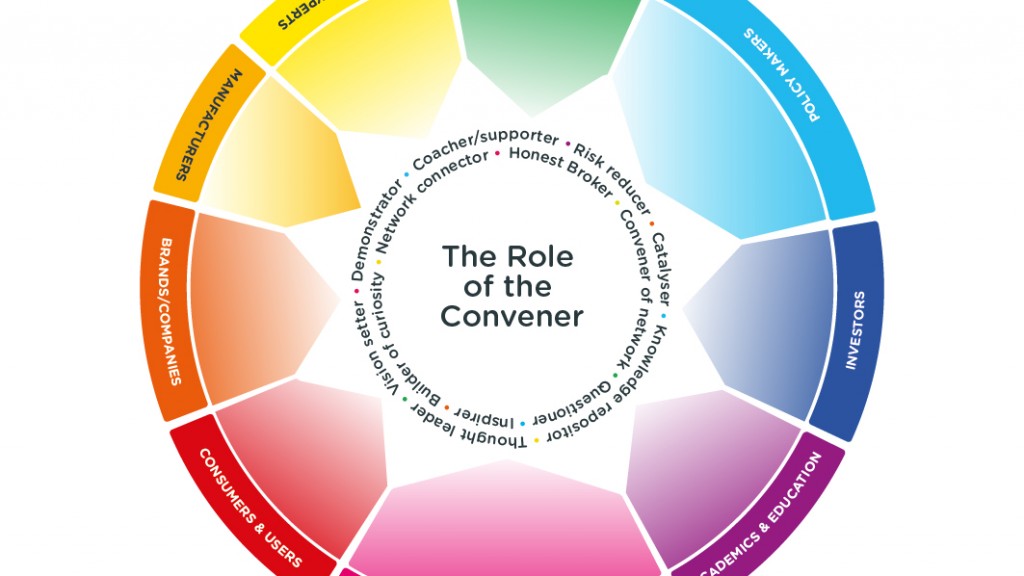Resources - Report
Lessons from The Great Recovery 2012-2016

What lessons can be learned from the work of The Great Recovery? From the spark of an idea to the growth of a network and beyond, in this our final report we share some of our reflections and insights from the last four years.
The Great Recovery project has enlightened, challenged, explored, connected and inspired. Most of all perhaps it has taken the circular economy out of the realm of the ‘expert’ and into everyday experience. It has taught us to recalibrate our relationships with our stuff and dared to question our current economic models.
This report is both a record of the activities and impact of The Great Recovery project over the last four years – as we pulled apart manufacturing systems and products to scrutinise the impact of design in the shift towards a more circular economy – and a guide for those wishing to understand and advocate the need for systemic change.
Working with support from Innovate UK we set out to:
- Build and connect the new and growing circular design community;
- Support and encourage new business entries to Innovate UK’s circular economy competitions;
- Feed research rooted in the design process and active investigation into the growing movement towards a circular economy.
Starting at the current end-of-life of things, we worked backwards, asking questions along the way. We connected designers to those that might know answers and opened the discussion out to material experts, chemists, resource recoverers, policy makers, business developers, consultants, logistics managers and others.
This report shares our process and belief that if you build a movement that is fuelled by creativity and reinforced by a dynamic network, things can really shift.
It is only when we look with new eyes at the complexities of 21st century existence and start to see environmental problems as human problems that we will begin to change our behaviour and our systems. The Great Recovery, with its colourful design focus, its ability to address all sectors from one platform and appeal to the possibilities rather than the improbabilities, has started to inspire that change.
Enter your email address to download the report:
Read our end of phase one report here.





